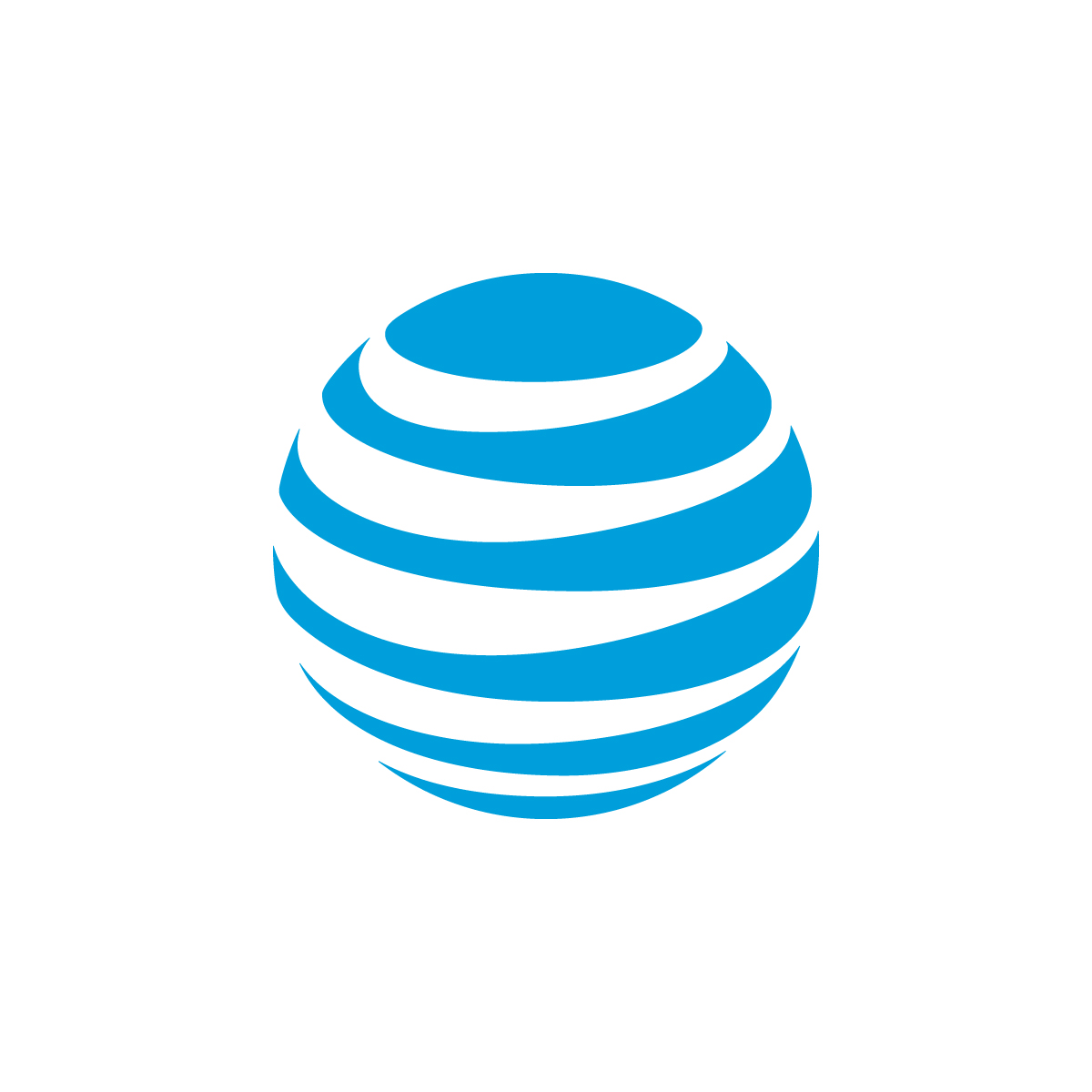STEM-ing the Summer Slide
By Anne Wintroub, Director of Social Innovation, AT&T
For me, summer means memories of warm stretched-out days at camp, popsicles for lunch, and reading for hours on end. Now that I’m the mother of a rising 4th grader in the information age, it means that and more – an opportunity for him to learn new skills and retain those he learned last year, so he doesn’t experience the “summer slide” that affects so many students. The summer slide is the loss of knowledge that kids experience when they take a break from their academic routines. For some families, it’s easy to combat the slide with incredible summer resources that are now available for kids to develop skills that complement classroom learning. My son will have a great summer – he’s climbing mountains and learning animation, studying streams and playing basketball. I’m jealous!
But for many families, battling the slide is much harder. The summer slide disproportionately affects young people from underserved communities, who may not have the resources to afford high quality, enriching summer experiences. In fact, a study found that about two-thirds of the achievement gap between lower- and higher-income 9th graders could be explained by summer learning loss during the elementary school years. These early summer learning losses have other later life consequences, including whether kids drop out of high school and whether they attend college.*
At AT&T, we want to make sure students don’t fall behind or lose skills that are crucial to future success. That’s why we’re teaming up with several organizations that help students learn STEM skills – and have fun while doing so. It’s all part of our signature philanthropic initiative, AT&T Aspire.
All Star Code prepares young men of color for tech careers by providing mentorship, industry exposure and training in Computer Science. Their flagship program, the Summer Intensive, is a free 6-week program that provides real-world experiences at top tech companies, and hands-on, project-based learning. All Stars (like Kwaku and John) finish the program with both coding skills and an entrepreneurial mindset. You can sign up to be notified when applications for next summer’s program open.
We support Black Girls Code, whose chapters provide year-long programs in technology and computer science for underrepresented girls. Their programming includes a 1week technology summer camp in Dallas this year. Check out their site to register for this or other opportunities!
We’re also hosting Girls Who Code’s Summer Immersion Program, a free 7-week program that teaches 10th and 11th grade girls coding, and exposes young women to tech jobs. This is our 5th year with the program. I love hearing the unique student experiences each year from students like Brienna and Osariemen. This summer we’re hosting 7 programs in our offices across the country.
If you’d like to help a child in your life explore coding this summer from the comfort of your own home (or anywhere else), Code.org is dedicated to increasing computer science access for all and offers a number of free online courses for students of all ages. Another fun way to introduce a student to coding is with Bitsbox, a graduate of our AT&T Aspire Accelerator program. Bitsbox combines students’ love of mail, hands-on projects and games to inspire them to learn to code and program apps.
When it comes to STEM-ing the tide of the summer slide, there are so many opportunities. I hope you’re finding the right resources for the learners in your life. I encourage you to learn more about the inspiring organizations making sure all kids have enriching and fun summers that get them excited about the skills they’ll need for future careers.
*Lasting Consequences of the Summer Learning Gap. K. Alexander, D. Entwisle and L. Olson, American Sociological Review, 2007.

